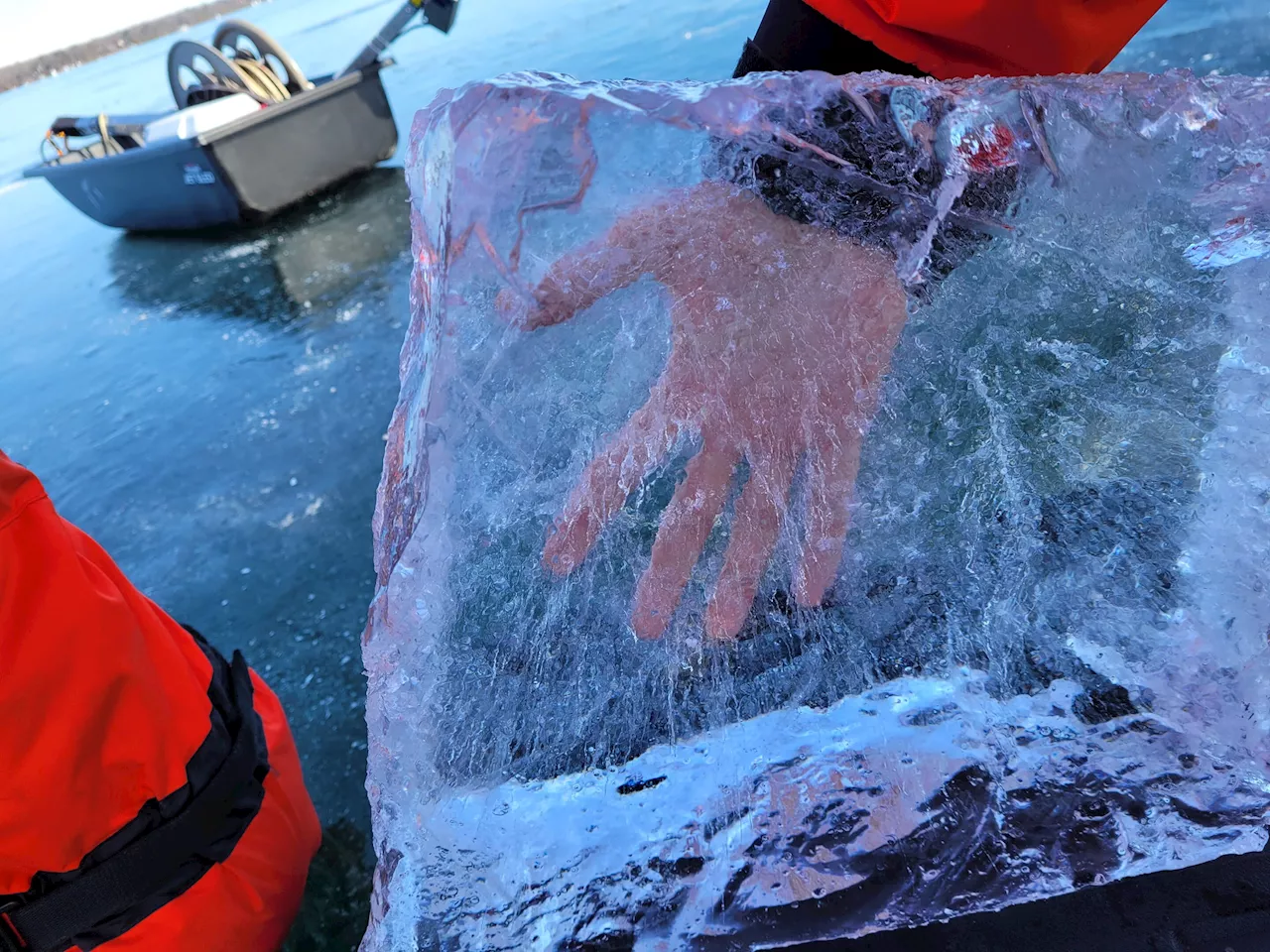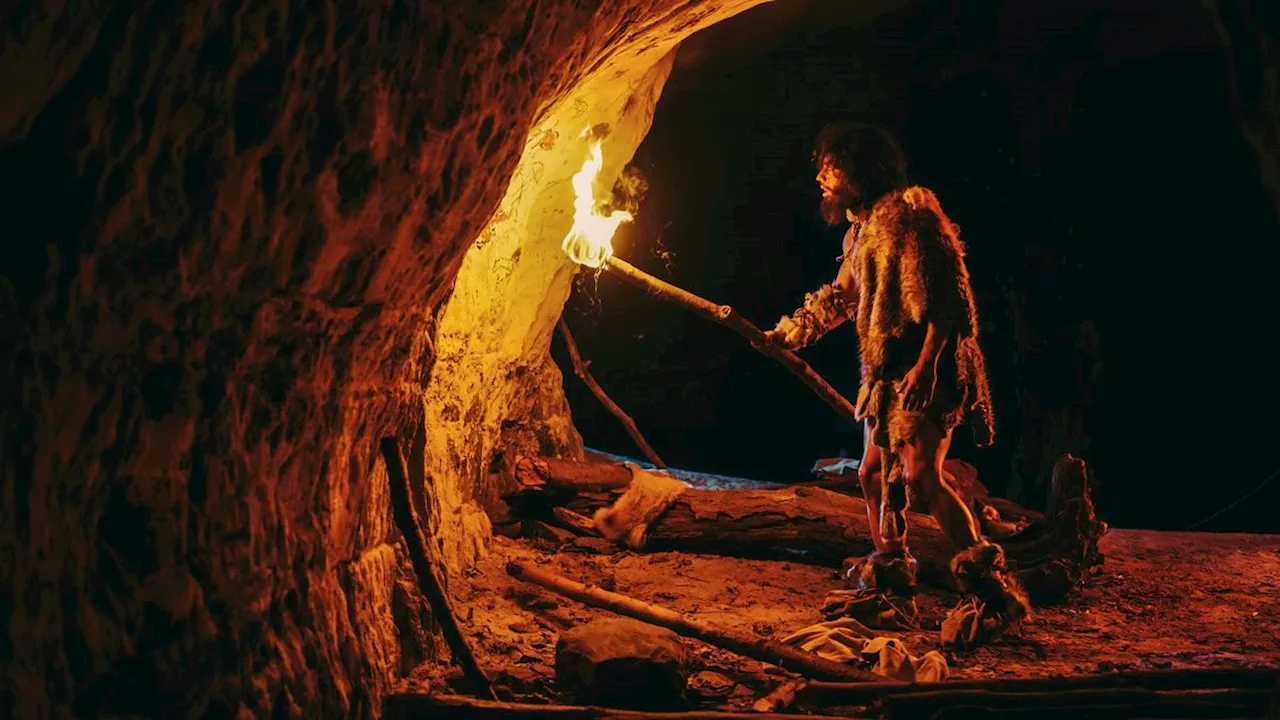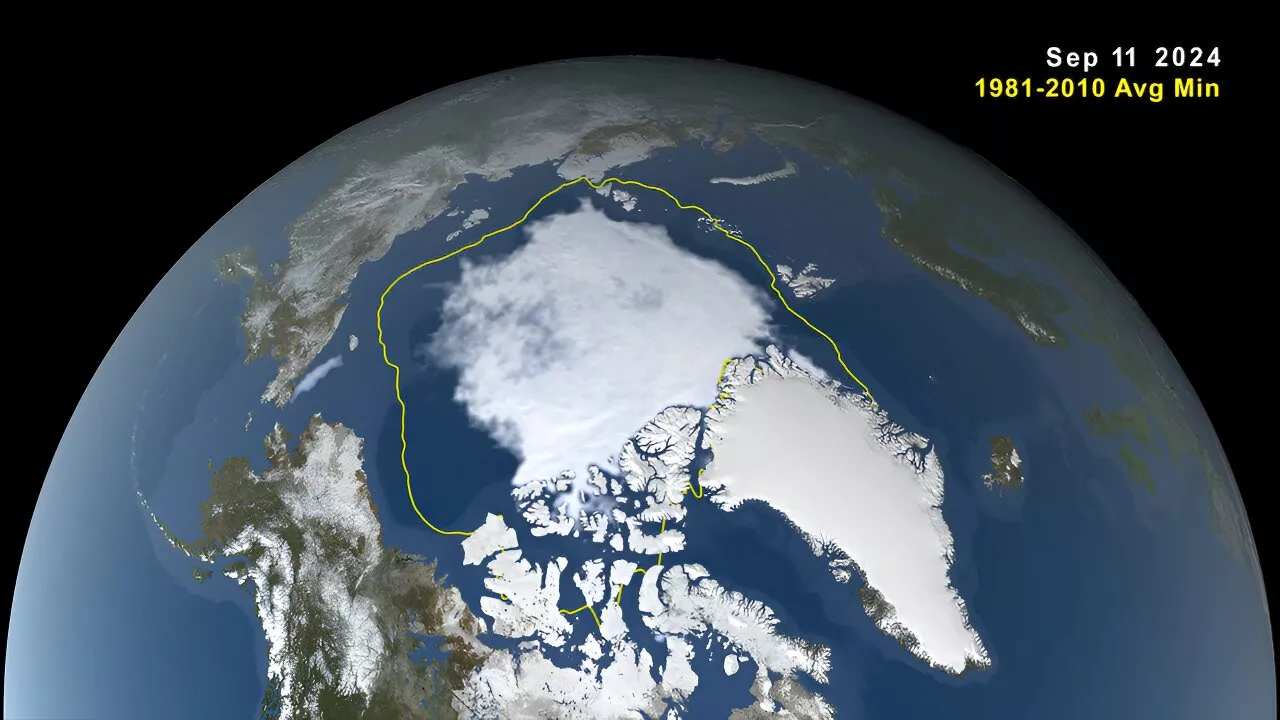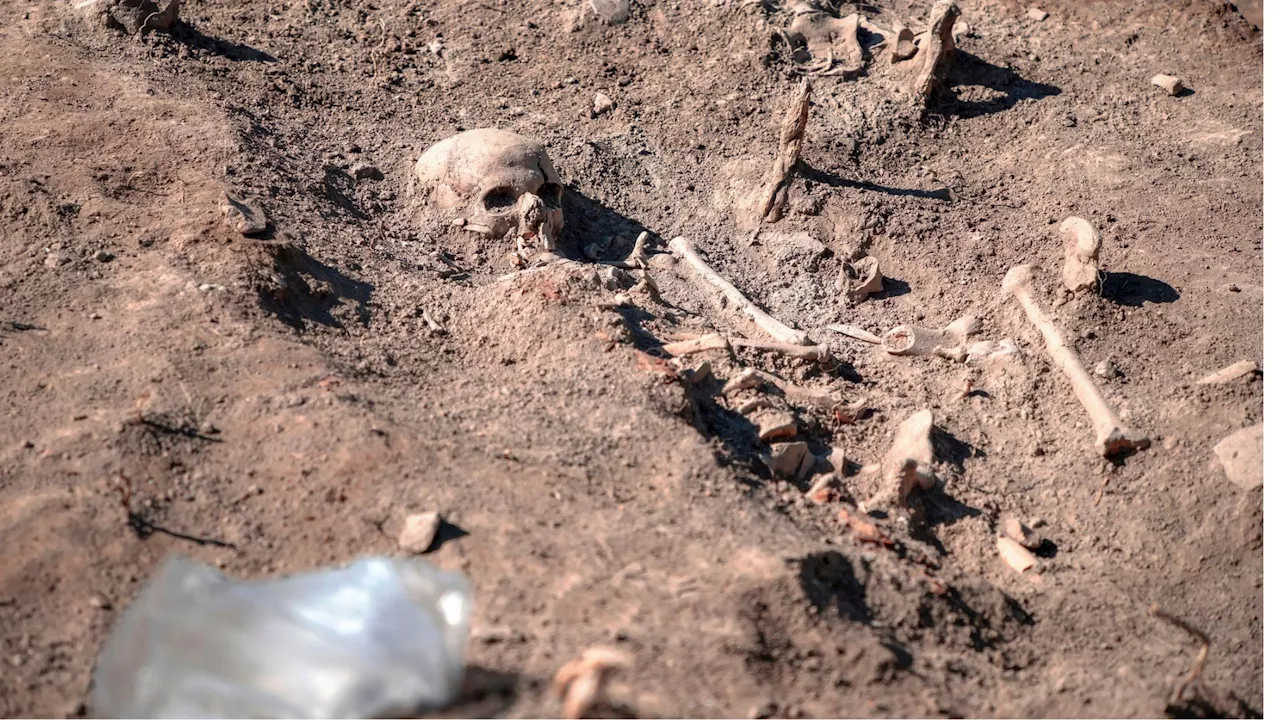Scientists have sequenced the oldest genome ever found in Italy, belonging to a 17,000-year-old toddler with blue eyes.
In a remarkable find, researchers have sequenced the oldest known genome in Italy, providing insights into life from 17,000 years ago through a toddler’s remains and revealing details about human migration after the Ice Age.
According to the study, this ancient toddler offers important insights into a life stage that was “not yet fully understood” during that period. The boy, with his dark skin, curly hair, and blue eyes, likely resembled many others within the region’s contemporary population. Based on the length of his femur, his height was estimated to be approximately 82 centimeters. Analysis of his dental and skeletal remains indicated that he was approximately 16 months old when he died.
Moreover, the analysis of his teeth provided researchers with insights into the child’s fetal development. Evidence suggests that the child experienced nine episodes of stress in utero, potentially caused by malnutrition or illness. It is possible that the mother faced health challenges during her pregnancy.
United States Latest News, United States Headlines
Similar News:You can also read news stories similar to this one that we have collected from other news sources.
 Lake ice quality degrading as planet warms—skaters, hockey players, ice truckers on thin iceIce may look safe for a game of pick-up hockey on the lake, but as a new study out of York University found, looks can be deceiving. Warming winters are not only affecting ice thickness and timing—when a lake freezes and thaws—but also quality, making it potentially unstable and unsafe.
Lake ice quality degrading as planet warms—skaters, hockey players, ice truckers on thin iceIce may look safe for a game of pick-up hockey on the lake, but as a new study out of York University found, looks can be deceiving. Warming winters are not only affecting ice thickness and timing—when a lake freezes and thaws—but also quality, making it potentially unstable and unsafe.
Read more »
 Lake ice quality degrading as planet warms -- skaters, hockey players, ice truckers on thin iceIce may look safe for a game of pick-up hockey on the lake, but as a new study has found, looks can be deceiving. Warming winters are not only affecting ice thickness and timing -- when a lake freezes and thaws -- but also quality, making it potentially unstable and unsafe.
Lake ice quality degrading as planet warms -- skaters, hockey players, ice truckers on thin iceIce may look safe for a game of pick-up hockey on the lake, but as a new study has found, looks can be deceiving. Warming winters are not only affecting ice thickness and timing -- when a lake freezes and thaws -- but also quality, making it potentially unstable and unsafe.
Read more »
 Ancient humans waited out last ice age in frigid Central Europe, surprising study findsJohn Stewart is an evolutionary palaeoecologist with broad research interests encompassing the use of faunas in reconstructing Pleistocene and Holocene ecologies, understanding the nature, timing and location of ice age refugia for species, and building and testing molecular biogeographical hypotheses on how species respond to environmental change.
Ancient humans waited out last ice age in frigid Central Europe, surprising study findsJohn Stewart is an evolutionary palaeoecologist with broad research interests encompassing the use of faunas in reconstructing Pleistocene and Holocene ecologies, understanding the nature, timing and location of ice age refugia for species, and building and testing molecular biogeographical hypotheses on how species respond to environmental change.
Read more »
 Arctic sea ice near historic low; Antarctic ice continues declineArctic sea ice retreated to near-historic lows in the Northern Hemisphere this summer, likely melting to its minimum extent for the year on Sept.11, 2024, according to researchers at NASA and the National Snow and Ice Data Center (NSIDC). The decline continues the decades-long trend of shrinking and thinning ice cover in the Arctic Ocean.
Arctic sea ice near historic low; Antarctic ice continues declineArctic sea ice retreated to near-historic lows in the Northern Hemisphere this summer, likely melting to its minimum extent for the year on Sept.11, 2024, according to researchers at NASA and the National Snow and Ice Data Center (NSIDC). The decline continues the decades-long trend of shrinking and thinning ice cover in the Arctic Ocean.
Read more »
 Arctic Sea Ice Near Historic Low; Antarctic Ice Continues DeclineArctic sea ice retreated to near-historic lows in the Northern Hemisphere this summer, likely melting to its minimum extent for the year on Sept.11, 2024,
Arctic Sea Ice Near Historic Low; Antarctic Ice Continues DeclineArctic sea ice retreated to near-historic lows in the Northern Hemisphere this summer, likely melting to its minimum extent for the year on Sept.11, 2024,
Read more »
 Golden-age rappers make a digital-age leap — and surviveOn surprising new albums, '80s trailblazers LL Cool J and MC Lyte sound thrillingly revitalized, thanks to sharp production choices and a willingness to bend their signature styles toward the moment.
Golden-age rappers make a digital-age leap — and surviveOn surprising new albums, '80s trailblazers LL Cool J and MC Lyte sound thrillingly revitalized, thanks to sharp production choices and a willingness to bend their signature styles toward the moment.
Read more »
